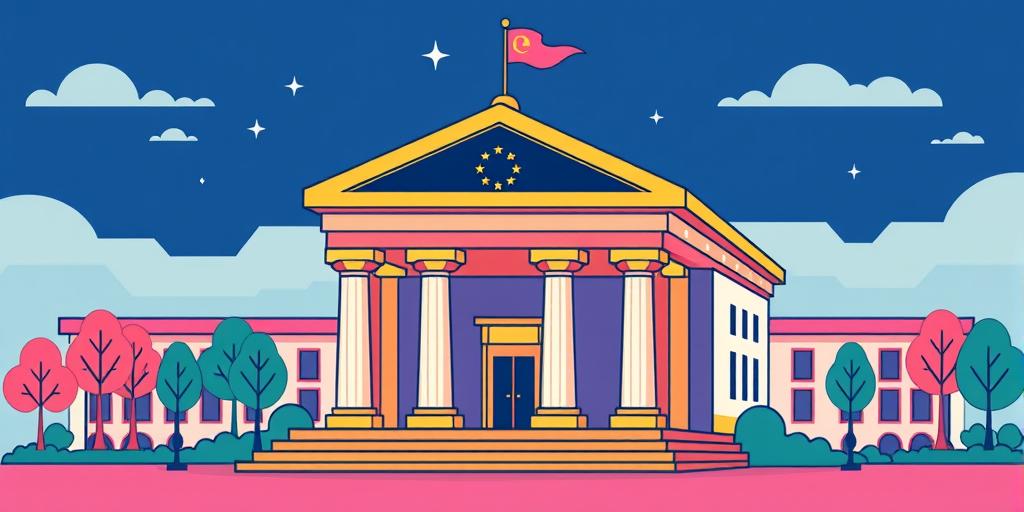Hey, everyone! Let's talk about something that might sound super boring at first, but trust me, it's way more interesting than you think: central banks. You know, those mysterious institutions that control, well, basically everything related to money? I used to think they were just some faceless bureaucrats pushing buttons, but I've learned a lot lately.
So, what exactly are central banks? Think of them as the financial overlords of a country (or a group of countries, in some cases). Their main job is to manage the money supply and keep the economy running smoothly. How do they do that? Mostly through monetary policy. This involves things like setting interest rates (which affects borrowing costs), controlling inflation (so your money doesn't become worthless), and managing the exchange rate of their currency.
It’s like being a super-powered financial DJ, carefully mixing and matching economic levers to keep the whole system in balance. Get it wrong, and you could have a recession. Get it right, and you could fuel economic growth. It's high-stakes stuff!
One of the most important tools in a central bank's arsenal is the interest rate. When they raise it, borrowing becomes more expensive, which slows down spending and helps curb inflation (think of it as a financial brake). Lowering interest rates does the opposite, encouraging borrowing and spending (the accelerator pedal). It's a delicate dance, you know?
Now, let's talk about inflation. It's the enemy of every central bank. When prices rise too quickly, it erodes purchasing power. Central banks try to keep inflation at a certain target level (usually around 2%), using various tools at their disposal. It's a constant battle, and sometimes they win, sometimes they lose. It's stressful!
Central banks also play a role in maintaining the stability of the financial system. They act as lenders of last resort, stepping in to help banks in trouble and preventing financial crises. Think of them as the ultimate financial firefighters. They're always on standby, ready to put out any economic fires that might erupt. It's a big responsibility.
I know, this is all a bit simplified, but hopefully, it gives you a better understanding of what central banks do. They're not just some faceless organization; they're vital players in the global economy, shaping monetary policy and influencing our lives in countless ways. It’s fascinating stuff, once you get into it!
Have you ever thought about how central banks work? Would love to hear your thoughts!




